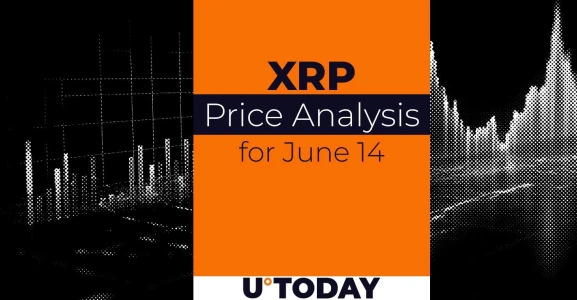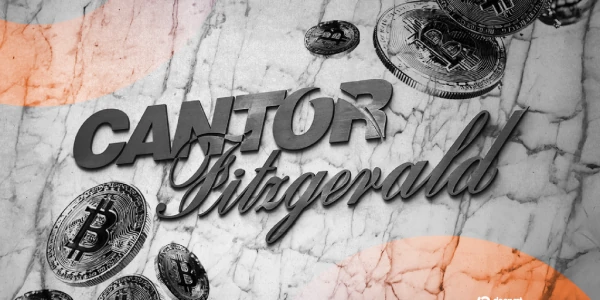
Unlocking Global Opportunities: Binance CZ Explores UAE Golden Visas for BNB Cryptocurrency Investors
Binance Eyes UAE Golden Visa Program: A Strategic Play for Crypto Legitimacy
Former Binance CEO Changpeng Zhao's announcement that the exchange is exploring a UAE Golden Visa program for BNB holders represents more than just a customer perk—it signals a calculated move to cement crypto's role in legitimate wealth migration strategies. Following TON Foundation's pioneering $100,000 staking program, this trend could fundamentally reshape how digital assets compete with traditional investment vehicles for high-net-worth individuals seeking residency options.
The Economics of Crypto-Backed Residency
TON Foundation's program requires holders to stake $100,000 worth of tokens for three years plus a $35,000 processing fee—totaling $135,000 for a decade-long visa covering entire families. Compare this to the traditional UAE Golden Visa pathway requiring a minimum $500,000 real estate investment, and the appeal becomes clear for crypto-native investors.
However, the math isn't straightforward. Traditional real estate investments offer potential appreciation and rental income, while staked tokens carry volatility risk despite potential staking rewards. For BNB holders, current staking yields of approximately 5-7% annually could offset some opportunity costs, but three-year lock-up periods expose investors to significant market downturns.
Regulatory Arbitrage in Action
UAE's Crypto-Friendly Positioning
The UAE's embrace of crypto-residency programs reflects its broader strategy to position itself as the Middle East's digital asset hub. Unlike Singapore's recent cooling toward crypto or the US's regulatory uncertainty, the UAE has consistently rolled out crypto-friendly policies, including comprehensive licensing frameworks and tax advantages.
This creates a powerful flywheel effect: crypto entrepreneurs and investors gain residency access while the UAE attracts digital asset capital and expertise. The country's Virtual Asset Regulatory Authority (VARA) has already licensed major exchanges, and crypto-backed residency programs could accelerate this talent and capital migration.
The Verification Challenge
Zhao's cautious stance on verification highlights a critical weakness in these programs. TON's offering operates through "private UAE-based partners" rather than official government channels, creating potential legal and practical complications. Legitimate Golden Visa programs typically require government partnerships and transparent approval processes.
This ambiguity could expose participants to regulatory risks or program cancellations, making due diligence essential for potential applicants.
Strategic Implications for Binance
A Binance-backed UAE visa program would serve multiple strategic objectives beyond customer acquisition. First, it would create massive token lock-up periods, reducing BNB's circulating supply and potentially supporting price stability. Second, it positions Binance as a comprehensive financial services provider rather than just a trading platform.
Most importantly, it could help Binance rebuild institutional credibility following regulatory challenges in multiple jurisdictions. Partnering with UAE authorities on legitimate residency programs would demonstrate the exchange's commitment to regulatory compliance and mainstream adoption.
Market Precedents and Competitive Dynamics
Traditional citizenship-by-investment programs like those in Malta, Portugal, and the Caribbean have attracted billions in investment capital. Crypto-backed programs could tap into the estimated $2.3 trillion digital asset market, creating new competition for traditional investment migration advisors.
Other major crypto projects will likely follow suit if TON's program proves successful. Ethereum, Solana, and other layer-1 protocols with significant staking mechanisms could partner with crypto-friendly jurisdictions to offer similar programs, potentially creating a new category of "utility tokens" backed by real-world benefits.
Investor Considerations
For potential participants, these programs present both opportunities and risks that traditional investment migration doesn't. The upside includes exposure to potential token appreciation alongside residency benefits, while the downside involves crypto volatility and regulatory uncertainty.
Sophisticated investors should evaluate these programs against traditional alternatives, considering factors like token lock-up periods, staking rewards, tax implications, and program legitimacy. The three-year commitment period particularly concerns investors in volatile crypto markets where token values can fluctuate dramatically.
As crypto-backed residency programs evolve, they could become a significant driver of institutional adoption, offering tangible utility that extends far beyond speculative trading. However, success depends on establishing legitimate government partnerships and transparent regulatory frameworks—areas where the crypto industry continues to mature.
Most Viewed News








